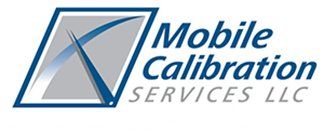Onsite Repairs
We can resolve issues with your fixed system transmitter that affect alarms and cause sensor drift. Our team will diagnose and fix these problems, enhancing your monitoring setup's performance and accuracy for optimal functionality.
Sensor Replacement
We tackle issues of sensor drift, contamination, and calibration errors to swiftly and effectively restore precise gas readings. If re calibration does not rectify the sensors issues, we will proceed to install a new sensor.
Documentation
We furnish hard copies of all sensor calibrations and detector repairs upon the completion of servicing for your records. Additionally, we maintain all records in our database for easy retrieval whenever necessary.
Expert Services for fixed Gas Detection systems
